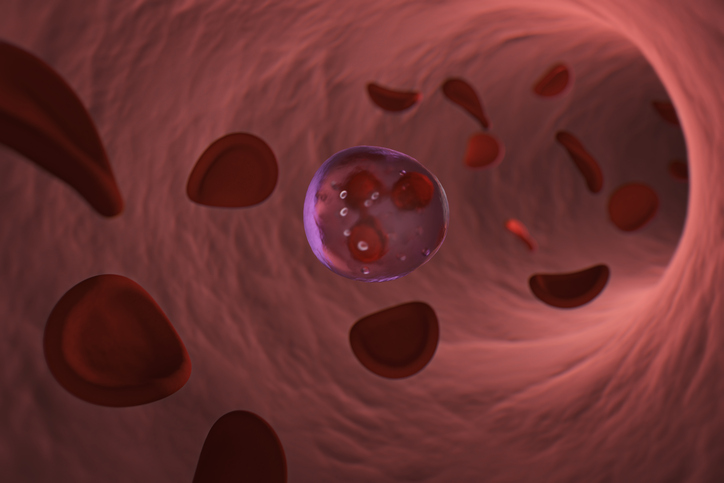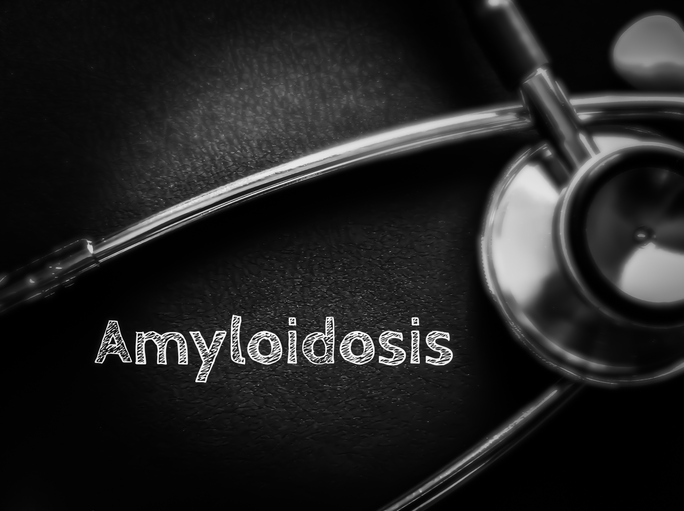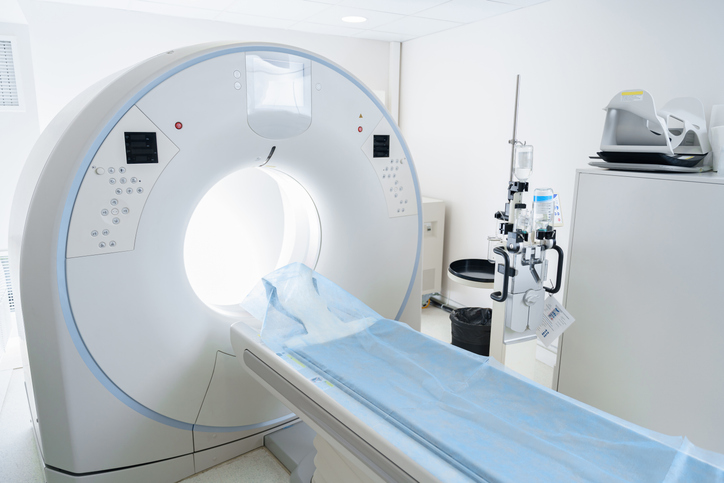
BIO-GUARD|MI: Higher Risk Non-ST Elevation Myocardial Infarction Patients Might Benefit from Implantable Cardiac Monitoring and Early Arrhythmia Intervention
Implantable cardiac monitoring (ICM) to look for arrhythmias in post MI patients and prompt treatment did not provide clinical benefit, according to the results of the BIO-GUARD|MI trial. Interestingly though, ICM in higher risk Non-ST Elevation Myocardial Infarction (NSTEMI) patients appeared to have clinical benefits according to the study authors.
The VALOR-HCM Trial: Encouraging Findings for Patients with Obstructive HCM
In this insightful interview, Rawan Amir, MBBS, and CardioNerds Academy Fellow, spoke with Milind Desai, MD, MBA, director of the Center for Hypertrophic Cardiomyopathy and medical director of the Center of Aortic Diseases, Cleveland Clinic, about the Phase III VALOR-HCM trial, which assessed mavacamten in adults with symptomatic obstructive hypertrophic cardiomyopathy.
Dr. Jessie Holtzman Discusses The CardioNerds Medical Journalism Program
DocWire News spoke to Dr. Jessie Holtzman, CardioNerds Executive Correspondent, about the CardioNerds Medical Journalism Program, an immersive program whereby CardioNerds Correspondents develop into seasoned journalists in the cardiovascular space. Dr. Holtzman talked about the importance of sound medical journalism, the significance of the program, and how the program supports the CardioNerds’ overarching mission of democratizing cardiovascular education.
Keeping SCORED: How Sotagliflozin May Be the Rising Star of SGLT Inhibitors
Empagliflozin has shown a reduction in all-cause and CV mortality and heart failure hospitalization rates in type-2 diabetes mellitus and a reduction in CV mortality and HF hospitalization rates with reduced or preserved EF. Canagliflozin has shown renal protection, reduction in death from MI and stroke, and lower HF rates in T2DM and chronic kidney disease. Dapagliflozin has shown lower rates of HF hospitalization and lower risk of worsening HF regardless of T2DM and in reduced EF, although the benefit in MACE reduction was unclear.







 © 2025 Mashup Media, LLC, a Formedics Property. All Rights Reserved.
© 2025 Mashup Media, LLC, a Formedics Property. All Rights Reserved.